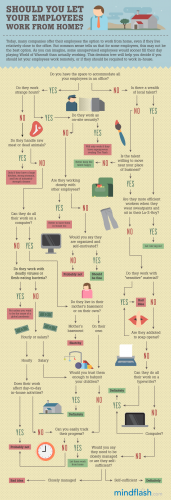Last year Matt Mullenweg wrote this post and I somehow missed it.
There is a dark time in WordPress development history, a lost year. Version 2.0 was released on December 31st, 2005, and version 2.1 came out on January 22nd, 2007. Now just from the dates, you might imagine that perhaps we had some sort of rift in the open source community, that all the volunteers left or that perhaps WordPress just slowed down. In fact it was just the opposite, 2006 was a breakthrough year for WP in many ways: WP was downloaded 1.5 million times that year, and we were starting to get some high-profile blogs switching over. The growing prominence had attracted scores of new developers to the project and we were committing new functionality and fixes faster than we ever had before.
What killed us was “one more thing.” We could have easily done three major releases that year if we had drawn a line in the sand, said “finished,” and shipped the darn thing. The problem is that the longer it’s been since your last release the more pressure and anticipation there is, so you’re more likely to try to slip in just one more thing or a fix that will make a feature really shine. For some projects, this literally goes on forever.
